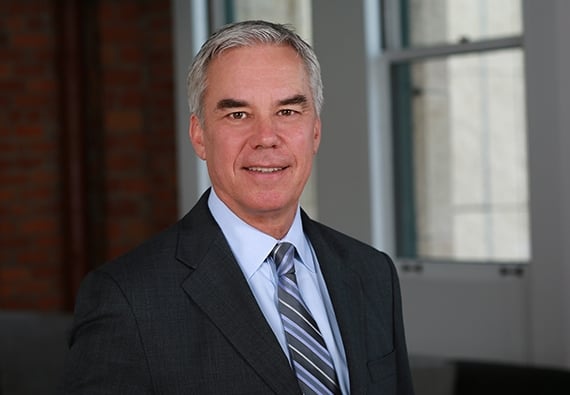California Court Provides No On-Call Pay For Apartment House Managers Restricted To Their Residence
This week, the California Court of Appeals addressed a wage topic that arises in a wide variety of workplaces - payment for on-call time. In Isner v. Falkenberg / Gilliam Associates, Inc., No. BC353432 (Mar. 18, 2008), the court held that residential apartment managers are only entitled to be paid for hours spent actually rendering services, not for all hours they are on call in their own residence.
Plaintiffs Ron and Sharon Isner were resident employees, working at various times for any of three properties owned by their employer, Falkenberg / Gilliam & Associates, a property management company. When they were on call, they had to stay within hearing distance of their phone or alarm system, so that they could respond to emergencies from other residents. This allowed them to remain in their own apartment and do whatever they liked there as long as they could hear and respond to any alarms and did not leave the premises. Furthermore, although the management set the on-call schedules for the various resident employees, the Isners could arrange to have the schedule switched if they wanted time off. The Isners kept their own time sheets, and were always paid for time they recorded that was spent responding to any alarms, in accordance with their employment agreement.
The Isners sued for wages during the hours they spent on call but not responding to any alarms. The trial court granted summary judgment against the Isners based upon a previous California Court of Appeals decision denying on-call pay to a resident motel clerk for hours he was required to keep the office open but spent in his adjacent apartment performing no work. Brewer v. Patel, 20 Cal.App.4th 1017 (1993). The appellate court in that case stated, "An employee such as this is not always working . . . [and] must be compensated only for that time spent carrying out assigned duties, in other words, only for the work the employee actually provides." In their appeal, the Isners distinguished their own case on the grounds that (1) they had been required to remain within hearing distance of the phone or alarm, and (2) the motel clerk could leave the premises if he gave the owner enough notice that a replacement could be found.
The Court of Appeals affirmed summary judgment. It found that the motel clerk had been no more able to leave the premises than the Isners, as he had to keep the office open for 16 hours a day and to be available for any of his required duties during that time. Furthermore, because the Isners could arrange to have the on-call schedule switched among the other resident employees, they were as able to leave the premises with advance notice as the motel clerk in the previous case. The court concluded, "[E]mployees who are required to reside where they work are entitled to be compensated for time spent performing their assigned duties; they are not entitled to be compensated for time spent simply being available to perform those duties." Therefore, the Isners were entitled to wages for the time they spent actually responding to calls and alarms, but not "for the time they were able to attend to personal matters while remaining available to respond to emergency calls."
This decision provides employers considerable comfort in establishing on-call systems which only pay employees when they actually perform work. As in Isner and Brewer, employers should ensure that these systems, where possible, provide employees an opportunity to opt out or trade shifts so as to provide them flexibility. They should also provide clear, dependable methods for reporting time spent in active work.


